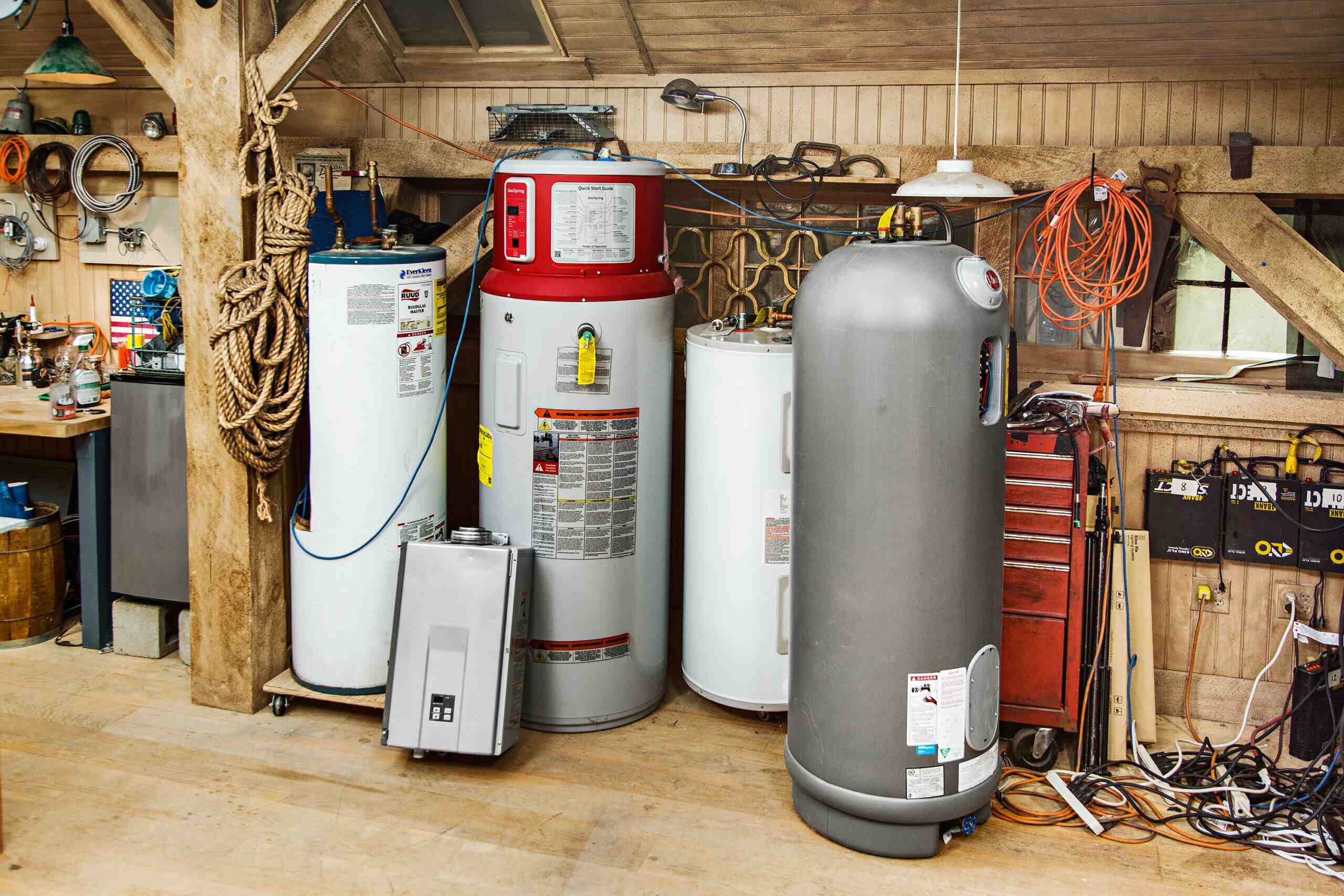

Articles
How To Choose A Water Heater
Modified: October 31, 2024
Looking for articles on how to choose a water heater? Find expert tips and advice on selecting the right water heater for your needs.
(Many of the links in this article redirect to a specific reviewed product. Your purchase of these products through affiliate links helps to generate commission for Storables.com, at no extra cost. Learn more)
Introduction
Choosing the right water heater for your home is a decision that shouldn’t be taken lightly. After all, a water heater is an essential appliance that provides hot water for various household activities, including bathing, cooking, and cleaning. With so many options available on the market, it’s important to understand the factors to consider before making a purchase.
One of the key factors to consider is the type of water heater that best fits your needs. There are several options to choose from, including tankless water heaters, storage tank water heaters, heat pump water heaters, solar powered water heaters, gas water heaters, and electric water heaters. Each type has its own advantages and disadvantages, which we’ll explore in detail.
Another important consideration is energy efficiency. Water heaters can consume a significant amount of energy, so it’s essential to choose a model that is energy efficient. Energy efficiency ratings, such as the Energy Factor (EF) for electric water heaters and the Uniform Energy Factor (UEF) for gas water heaters, can help you determine how efficient a water heater is.
Capacity and size are also important considerations. The size of a water heater should be based on the hot water demand of your household. A water heater that is too small may not be able to supply enough hot water, while a water heater that is too large may waste energy. We’ll explain how to determine the right capacity for your needs.
Installation and maintenance requirements should also be taken into account. Some water heaters require professional installation, while others can be installed by homeowners. Additionally, regular maintenance is crucial to ensure the longevity and efficiency of your water heater.
Lastly, cost comparison is an essential step in the decision-making process. Water heaters vary in price and operating costs, so it’s important to consider both the initial purchase price and the long-term energy savings.
In this article, we will delve into each of these factors in more detail to help you make an informed decision when choosing a water heater. By understanding your needs, considering the pros and cons of each type, and evaluating the various factors involved, you’ll be able to select a water heater that not only meets your hot water needs but also maximizes energy efficiency and fits within your budget.
Key Takeaways:
- Choose the right water heater by considering type, energy efficiency, capacity, installation, and cost. Make an informed decision to meet your hot water needs while maximizing energy savings.
- Tankless, storage tank, heat pump, solar, gas, or electric? Evaluate your household’s needs and preferences to select the most suitable water heater type. Consider energy efficiency, capacity, and long-term cost savings for a well-informed decision.
Read more: How To Choose A Tankless Water Heater
Factors to Consider
When selecting a water heater for your home, there are several important factors to consider. By carefully evaluating each factor, you can choose a water heater that best suits your needs and ensures optimal performance and efficiency. Let’s take a closer look at these factors:
- Type of Water Heater: The first factor to consider is the type of water heater. As mentioned earlier, there are various options available, including tankless water heaters, storage tank water heaters, heat pump water heaters, solar powered water heaters, gas water heaters, and electric water heaters. Each type has its own advantages and disadvantages, so it’s important to weigh the pros and cons and choose the one that aligns with your preferences and requirements.
- Energy Efficiency: Water heaters can account for a significant portion of a homeowner’s energy expenses. Therefore, considering the energy efficiency of a water heater is crucial. Look for water heaters that have high energy efficiency ratings, such as a high Energy Factor (EF) for electric water heaters or a high Uniform Energy Factor (UEF) for gas water heaters. A more energy-efficient water heater will not only save you money in the long run but also reduce your environmental footprint.
- Capacity and Size: The capacity of a water heater refers to its ability to provide hot water. It is essential to choose a water heater with the right capacity to meet the hot water demands of your household. Consider factors such as the number of occupants in your home, the number of bathrooms, and the usage patterns of hot water. Oversized or undersized water heaters can lead to inefficiency, so it’s important to select the appropriate size.
- Installation and Maintenance Requirements: Some water heaters require professional installation, while others can be installed by homeowners. It’s important to consider the installation requirements and whether you have the necessary skills and tools to handle the installation yourself. Additionally, regular maintenance is crucial to ensure the longevity and efficient operation of your water heater. Consider the maintenance requirements and factor that into your decision-making process.
- Cost Comparison: Cost is often a significant factor in any purchase decision. When comparing the cost of different water heater options, consider both the upfront purchase price and the long-term operating costs. Energy-efficient models may have a higher initial cost but can save you money on energy bills over time. It’s important to evaluate the return on investment (ROI) and weigh the upfront costs against potential long-term savings.
By considering these factors – type of water heater, energy efficiency, capacity and size, installation and maintenance requirements, and cost comparison – you can make an informed decision when choosing a water heater that meets your needs, fits within your budget, and provides reliable hot water for your household.
Types of Water Heaters
When it comes to choosing a water heater, there are several types to consider, each offering unique advantages and disadvantages. Understanding the different types can help you make an informed decision based on your specific needs and preferences. Let’s explore the most common types of water heaters:
- Tankless Water Heaters: Also known as on-demand water heaters, tankless water heaters provide hot water only when needed. They heat water directly as it flows through the unit, eliminating the need for a storage tank. Tankless water heaters are more energy-efficient than storage tank water heaters because they don’t continually heat and reheat water. They also take up less space and have a longer lifespan. However, they generally have a higher upfront cost and may struggle to meet high hot water demand in large households.
- Storage Tank Water Heaters: The most common type, storage tank water heaters feature a tank that stores and heats a specific amount of water. The heated water is ready for use whenever needed. These water heaters tend to have a lower upfront cost and can provide hot water simultaneously to multiple taps. However, they can be less energy-efficient because they continuously heat the stored water, even when it’s not in use. Additionally, the size of the tank limits the amount of hot water available at any given time.
- Heat Pump Water Heaters: Heat pump water heaters use electricity to move heat from the surrounding air or ground to heat the water. They are highly energy-efficient and can reduce energy usage by up to 60%. However, they may not be suitable for cold climates as they rely on ambient heat. Heat pump water heaters also tend to have a higher initial cost and require adequate installation space and good ventilation.
- Solar Powered Water Heaters: Solar water heaters utilize the sun’s energy to heat water. They have solar collectors or panels that absorb sunlight and transfer the heat to the water. Solar water heaters are environmentally friendly and can significantly reduce energy costs. However, their efficiency depends on the availability of sunlight, and they may require a backup heating system for cloudy days or high hot water demand. They also have a higher upfront cost and may require additional roof space for installation.
- Gas Water Heaters: Gas water heaters use natural gas or propane to heat the water. They are a popular choice for their fast heating capabilities and ability to provide hot water during power outages. Gas water heaters typically have a lower operating cost compared to electric models, but they have a higher upfront cost and require a gas line and proper ventilation for safety.
- Electric Water Heaters: Electric water heaters use electrical resistance to heat the water. They are generally more affordable to purchase and easier to install compared to gas water heaters. Electric models also have fewer maintenance requirements. However, they tend to have higher operating costs and may have a slower recovery rate, meaning it takes longer for the tank to refill with hot water after use.
Each type of water heater has its own strengths and limitations. Consider your hot water needs, energy efficiency goals, available space, and budget to determine which type is the best fit for your home. It’s also worth consulting with a professional plumber or water heater specialist to ensure you make the right choice.
Tankless Water Heaters
Tankless water heaters, also known as on-demand water heaters, have gained popularity in recent years. Unlike traditional storage tank water heaters, tankless models do not store and continually heat a specific amount of water. Instead, they heat water instantly as it flows through the unit, providing hot water on demand.
There are several advantages to choosing a tankless water heater:
- Energy Efficiency: Tankless water heaters are highly energy-efficient. Since they only heat water when it is needed, there is no standby heat loss associated with storing and reheating water. This results in significant energy savings and lower utility costs over time. In fact, tankless water heaters can be up to 30% more energy-efficient than storage tank models.
- Endless Supply of Hot Water: With a tankless water heater, you’ll never run out of hot water. It can provide a continuous supply of hot water, which is particularly beneficial for households with high hot water demand or multiple simultaneous hot water needs. This means no more cold showers or waiting for the water to heat up between uses.
- Space Saving Design: Tankless water heaters are compact and wall-mounted, which saves valuable space compared to traditional storage tank water heaters. This makes them a great choice for small homes, apartments, or locations with limited installation space. Additionally, since tankless units have a longer lifespan, you won’t need to worry about a bulky tank taking up space and needing to be replaced as frequently.
- Longevity: Tankless water heaters have a longer lifespan compared to storage tank models. While storage tank water heaters typically last around 10-15 years, tankless units can last up to 20 years or more with proper maintenance. This can result in additional cost savings over time by avoiding the need for frequent replacements.
- Reduced Risk of Water Damage: Since tankless water heaters do not store water in a tank, there is a reduced risk of water damage caused by tank leaks or ruptures. This can provide peace of mind and potentially save you from costly repairs or replacements due to water damage.
However, it’s important to consider some potential drawbacks of tankless water heaters:
- Higher Initial Cost: Tankless water heaters generally have a higher upfront cost compared to storage tank models. This is due to the advanced technology and components required for on-demand heating. However, the energy savings over time can help offset the initial investment.
- Potential Flow Rate Limitations: While tankless water heaters can provide a continuous supply of hot water, they have a maximum flow rate or gallons per minute (GPM) capacity. If multiple hot water demands exceed the unit’s capacity, you may experience a decrease in water flow and temperature. It’s important to choose a tankless model with an appropriate GPM rating for your household’s needs.
- Installation Requirements: Tankless water heaters may require specific installation requirements, such as adequate gas lines for gas-powered units or electrical capacity for electric models. It’s recommended to hire a professional plumber or water heater specialist for proper installation to ensure safety and optimal performance.
To determine if a tankless water heater is right for your home, consider your hot water needs, energy efficiency goals, available installation space, and budget. Consulting with a professional can help you assess your specific requirements and choose the best tankless water heater that meets your needs and ensures reliable hot water.
Storage Tank Water Heaters
Storage tank water heaters are the most common and recognizable type of water heater found in households. These water heaters feature a tank that stores and heats a specific amount of water, which is ready for use whenever needed.
Here are some key features and considerations of storage tank water heaters:
- Capacity: Storage tank water heaters come in various sizes, typically ranging from 20 to 120 gallons or more. The capacity of the tank determines the amount of hot water available at any given time. It’s important to choose a tank size that meets your household’s hot water demands. A tank that is too small may result in running out of hot water quickly, while an oversized tank may lead to unnecessary energy consumption.
- Availability of Hot Water: With a storage tank water heater, you have ready-to-use hot water available at all times. Once the hot water from the tank is depleted, it takes some time for the tank to refill and reheat the water to the desired temperature. This recovery time depends on the tank’s capacity and the power of the heating element. If you have a household with high hot water demand, it’s important to consider the recovery rate of the water heater.
- Energy Efficiency: Storage tank water heaters tend to be less energy-efficient compared to tankless models. This is because they continuously heat and reheat the water in the tank, even when not in use. This standby heat loss can account for a significant portion of energy consumption. However, newer models come with improved insulation, which helps reduce heat loss and increase efficiency.
- Installation and Maintenance: Installing a storage tank water heater is generally straightforward and can be done by a professional plumber or as a DIY project. Maintenance typically involves flushing the tank periodically to remove sediment buildup. It’s also important to check the anode rod and replace it if necessary to prevent corrosion and extend the lifespan of the water heater.
- Cost: Storage tank water heaters tend to have a lower upfront cost compared to tankless models. The price varies depending on the tank’s size, features, and energy efficiency rating. It’s important to consider the long-term operating costs in addition to the initial purchase price. Storage tank water heaters may have higher energy bills due to standby heat loss and continuous heating of the stored water.
Storage tank water heaters are a reliable and widely used option for providing hot water in homes. They can meet the hot water demands of multiple faucets and appliances simultaneously. However, some potential drawbacks to consider include limited hot water supply during peak demand, standby heat loss leading to higher energy consumption, and the space required for the tank itself.
To choose the right storage tank water heater for your home, consider factors such as capacity, recovery rate, energy efficiency, installation requirements, and budget. It’s also important to properly size the tank to ensure you have enough hot water for your household’s needs. Consulting with a professional plumber or water heater specialist can help you make an informed decision and ensure reliable hot water for your home.
Heat Pump Water Heaters
Heat pump water heaters utilize advanced technology to extract heat from the air or ground and use it to heat water. They are highly energy-efficient and can significantly reduce energy consumption compared to traditional storage tank water heaters.
Here are some key features and considerations of heat pump water heaters:
- Energy Efficiency: Heat pump water heaters are one of the most energy-efficient options available. They utilize electricity to move heat from the surrounding air or ground to heat the water. This process is much more efficient than directly generating heat. In fact, heat pump water heaters can be up to three times more energy-efficient than conventional electric water heaters, resulting in substantial energy savings and lower utility bills.
- Operational Considerations: Heat pump water heaters work best in areas with moderate to warm climates. They extract heat from the air or ground, so they rely on the availability of ambient heat. In colder climates, the efficiency of heat pump water heaters may decrease, and they may require additional energy to meet hot water demands. However, some models come with integrated backup heating elements to ensure hot water availability during periods of high demand or colder temperatures.
- Space Requirements: Heat pump water heaters typically require more installation space compared to traditional storage tank models. They need enough clearance around the unit to allow for proper airflow and heat exchange. It’s important to ensure that you have adequate space available for installation, both in terms of height and width.
- Longevity: Heat pump water heaters have a long lifespan, often lasting 10 to 15 years or more with proper maintenance. This durability can provide long-term cost savings by reducing the need for frequent replacements.
- Installation and Maintenance: Professional installation is recommended for heat pump water heaters to ensure proper functioning and optimal performance. Maintenance involves periodic cleaning of air filters and checking the refrigerant levels, which are tasks that can be performed by a professional technician. Regular maintenance helps maintain the efficiency and longevity of the unit.
- Cost Considerations: Heat pump water heaters typically have a higher upfront cost compared to storage tank models. However, the energy savings over time can offset the initial investment. It’s important to consider the long-term cost benefits when weighing the upfront cost. Additionally, there may be eligibility for rebates or incentives offered by utility companies or government programs to promote energy-efficient appliances.
Heat pump water heaters are an excellent choice for those looking to reduce their energy consumption and lower their carbon footprint. However, they may not be suitable for every location or climate. It’s important to assess your specific requirements, consider the local climate conditions, and consult with a professional to determine if a heat pump water heater is the right choice for your home.
By harnessing the natural heat from the air or ground, heat pump water heaters offer exceptional energy efficiency without sacrificing hot water performance. With proper installation, maintenance, and consideration of operational limitations, a heat pump water heater can provide reliable hot water while reducing energy consumption and utility costs.
Solar Powered Water Heaters
Solar powered water heaters utilize the energy from the sun to heat water, making them an environmentally friendly and cost-effective option. By harnessing solar energy, these systems can provide hot water while reducing reliance on traditional energy sources.
Here are some key features and considerations of solar powered water heaters:
- Solar Collectors: Solar powered water heaters consist of solar collectors that absorb the sun’s heat. These collectors are typically placed on the roof or in an area with maximum exposure to sunlight. The heat absorbed by the collectors is then transferred to the water, providing a renewable and sustainable source of hot water.
- Energy Efficiency: Solar powered water heaters are highly energy-efficient, as they utilize the free and abundant energy from the sun. By reducing the reliance on traditional energy sources, such as electricity or gas, they can significantly reduce energy consumption and utility bills. While they may require a backup heating system for cloudy days or high hot water demand, the overall energy savings are substantial.
- Reduced Environmental Impact: Solar powered water heaters have a minimal environmental impact compared to conventional water heating systems. They utilize renewable energy and produce fewer greenhouse gas emissions, helping to reduce carbon footprint and contribute to a greener planet.
- Backup Heating System: To ensure hot water availability during periods of low sunlight or high hot water demand, solar powered water heaters often have a backup heating system. This backup system can be an electric or gas-powered heating element that kicks in when the water temperature is below the desired level. It’s important to consider the type and efficiency of the backup system when choosing a solar water heater.
- Space Requirements: Solar collectors require adequate roof space or an open area with direct sunlight exposure. The amount of space needed depends on the size and number of collectors. It’s essential to ensure that your property has sufficient space and orientation to maximize solar energy capture.
- Installation and Maintenance: Professional installation is recommended for solar powered water heaters to ensure proper positioning of the collectors and integration with the existing plumbing system. Routine maintenance typically involves periodic checks on the collectors, pumps, and controls to ensure optimal performance. Additionally, the glycol or water fluid used in the system may need occasional replacement or servicing.
- Cost Considerations: Solar powered water heaters have a higher upfront cost compared to traditional storage tank or tankless models. The cost includes the solar collectors, storage tank, backup heating system, and installation expenses. However, over time, the energy savings from reduced utility bills can help offset the initial investment. In addition, there may be incentives, tax credits, or rebates available from local governments or utility companies to encourage the adoption of solar energy systems.
Solar powered water heaters are an excellent choice for environmentally-conscious individuals looking to reduce their carbon footprint and energy consumption. By utilizing the free and abundant energy from the sun, these systems provide a sustainable and cost-effective source of hot water. Factors such as available sunlight, suitable installation space, backup heating system, and upfront costs should be considered when evaluating the viability of a solar water heater for your home.
Investing in a solar powered water heater not only helps to reduce your impact on the environment but also provides long-term energy savings and an increased level of energy independence. With proper installation, maintenance, and consideration of local conditions, a solar powered water heater can be a reliable and efficient way to meet your hot water needs while embracing renewable energy.
Gas Water Heaters
Gas water heaters are a popular and reliable choice for homeowners looking for an efficient and cost-effective way to heat water. They use natural gas or propane as a fuel source to heat the water, providing a continuous supply of hot water for various household needs.
Here are some key features and considerations of gas water heaters:
- Quick Heating: Gas water heaters are known for their fast heating capabilities. They can heat water more quickly compared to electric models, allowing for a constant supply of hot water at the desired temperature.
- Energy Efficiency: Gas water heaters tend to be more energy-efficient than electric models, especially if you have a natural gas supply readily available. They have higher energy factors (EF) than electric models, meaning they can heat water more efficiently. This can result in lower energy bills over time. However, it’s worth noting that gas prices can fluctuate, so it’s important to consider the long-term cost implications.
- Availability During Power Outages: Gas water heaters are not reliant on electricity to heat water, making them a reliable source of hot water during power outages. This can be particularly beneficial in areas prone to outages or for homeowners who want uninterrupted access to hot water.
- Maintenance: Gas water heaters require regular maintenance to ensure optimal performance and safety. This includes checking the pilot light or igniter, inspecting the flue for obstruction, and cleaning or replacing the burner assembly. It’s recommended to have a professional plumber perform routine maintenance tasks to ensure the safe operation of the unit.
- Installation Requirements: Gas water heaters require a gas supply line and proper ventilation to ensure the safe combustion of fuel. It’s important to ensure that you have an existing gas line or plan for proper installation. Venting requirements may also need to be considered, as gas water heaters produce combustion byproducts that need to be safely expelled from the home.
- Cost Considerations: Gas water heaters typically have a higher upfront cost compared to electric models. However, the lower operating costs and energy efficiency can offset the initial investment over time. Additionally, the availability of natural gas or propane and their relative cost in your area should be considered when evaluating the long-term cost-effectiveness of a gas water heater.
Gas water heaters are widely used due to their efficiency, quick heating capabilities, and reliability. They are a suitable option for households that have access to a gas supply and want the benefit of uninterrupted hot water, even during power outages. However, it’s important to consider factors such as availability of gas supply, installation requirements, ongoing maintenance, and long-term cost implications.
Consulting with a professional plumber or water heater specialist can help determine if a gas water heater is the right choice for your home. By considering your specific needs, budget, and energy efficiency goals, you can choose the gas water heater that meets your requirements and provides consistent and efficient hot water for your household.
Electric Water Heaters
Electric water heaters are a popular choice for homeowners looking for a reliable and straightforward option to heat water. They use electrical resistance to generate heat, providing a constant supply of hot water for various household needs.
Here are some key features and considerations of electric water heaters:
- Straightforward Installation: Electric water heaters are relatively easy to install, making them a convenient option for homeowners. They do not require a gas supply line or the need for proper ventilation, simplifying the installation process.
- Availability: Electric water heaters are widely available and can be used in any location with access to electricity. Whether you live in a residential area or an apartment, electric water heaters are a versatile choice for providing hot water.
- Cost Considerations: Electric water heaters typically have a lower upfront cost compared to gas models. They are generally more affordable to purchase and install. However, it’s important to consider the long-term operating costs. Electric water heaters tend to have higher energy consumption compared to gas models, which can result in higher utility bills over time.
- Energy Efficiency: Electric water heaters are not as energy-efficient as some other types, such as gas or tankless models. However, newer electric water heaters are designed with improved insulation to reduce standby heat loss. It’s recommended to look for models with a high Energy Factor (EF) rating to maximize energy efficiency.
- Easy Maintenance: Electric water heaters have fewer maintenance requirements compared to gas models. Routine maintenance usually involves checking the heating elements and replacing them if necessary. It’s recommended to flush the tank periodically to remove sediment buildup that can affect performance.
- Quiet Operation: Electric water heaters operate quietly, without the noise associated with gas burners or combustion. This can be beneficial for homeowners who prefer a quieter environment.
Electric water heaters are a reliable and widely used option for providing hot water in homes. They are especially suitable for areas where gas supply is limited or unavailable. With their straightforward installation process and availability of electric power, they can meet the hot water needs of households of various sizes.
Keep in mind that electric water heaters tend to have higher energy consumption compared to gas models. This means higher operating costs over time. It’s important to consider your energy efficiency goals and budget when deciding on an electric water heater.
Consulting with a professional plumber or water heater specialist can help you determine the right size and model of electric water heater for your home. By considering factors such as energy efficiency, maintenance requirements, upfront cost, and long-term operating costs, you can choose the electric water heater that meets your needs for reliable and consistent hot water.
Energy Efficiency Ratings
When choosing a water heater, energy efficiency is an important factor to consider. Energy-efficient water heaters not only help reduce utility bills but also have a positive impact on the environment by conserving energy and reducing greenhouse gas emissions. To determine the energy efficiency of a water heater, various rating systems and metrics are used. Understanding these ratings can help you make an informed decision when selecting a water heater. Let’s explore some of the common energy efficiency ratings:
- Energy Factor (EF): The Energy Factor (EF) is a rating used for electric water heaters. It measures the overall efficiency of the water heater by considering how effectively it converts electrical energy into hot water. Higher EF ratings indicate more energy-efficient models. It’s important to note that different water heater types may have different EF rating systems, so be sure to compare ratings specific to the type of water heater you are considering.
- Uniform Energy Factor (UEF): The Uniform Energy Factor (UEF) is a rating used for gas, propane, and oil water heaters. Similar to EF, UEF measures the overall efficiency but takes into consideration features such as insulation, standby heat loss, and recovery efficiency. Higher UEF ratings indicate better energy efficiency in gas water heaters. Again, it’s important to compare ratings within the same water heater type to make accurate comparisons.
- Energy Star Certification: The Energy Star Certification is a voluntary program run by the U.S. Environmental Protection Agency (EPA) and the Department of Energy (DOE). Water heaters with the Energy Star label meet specific criteria for energy efficiency. These criteria vary for different types of water heaters and are based on EF or UEF ratings, along with other performance and efficiency requirements. Choosing an Energy Star-certified water heater ensures that you are selecting a model with superior energy efficiency.
- First Hour Rating (FHR): The First Hour Rating (FHR) refers to the amount of hot water a particular water heater can deliver in the first hour of operation. It takes into account the tank capacity and recovery rate. FHR is an essential consideration for households with high hot water demands, as it indicates how well the water heater can keep up with peak usage periods. While FHR is not a direct measurement of energy efficiency, it is crucial for selecting a water heater that can meet your specific needs.
When comparing water heaters, it’s important to look for higher EF or UEF ratings and consider the specific requirements of your household’s hot water usage. While energy-efficient models may have a higher upfront cost, their energy-saving benefits can result in long-term savings on utility bills. Additionally, many energy-efficient water heaters may qualify for rebates or incentives offered by utility companies or government programs, providing further financial incentives for their purchase.
By considering the energy efficiency ratings, looking for Energy Star certification, and evaluating the First Hour Rating, you can choose a water heater that maximizes energy efficiency, meets your hot water needs, and contributes to a greener and more sustainable future.
When choosing a water heater, consider the size of your household and the hot water demand. A larger household may require a higher capacity water heater to meet their needs.
Capacity and Size Considerations
When choosing a water heater, it’s important to consider the capacity and size that will best meet the hot water needs of your household. Selecting the right capacity ensures that you have an adequate supply of hot water without wasting energy or experiencing a shortage during peak usage times. Here are some important considerations when it comes to capacity and size:
- Number of Occupants: Consider the number of people living in your home and their hot water usage habits. Larger households with more occupants will require a water heater with a higher capacity to meet the increased demand for hot water.
- Number of Bathrooms: The number of bathrooms in your home affects the hot water demands. Homes with multiple bathrooms will typically require a water heater with a larger capacity to accommodate simultaneous hot water usage.
- Hot Water Usage Patterns: Evaluate your household’s hot water usage patterns. Take into account activities such as showers, baths, dishwashing, laundry, and other tasks that require hot water. Determine when these activities occur and how much hot water is used during each, as this will help you estimate the necessary capacity.
- Recovery Rate: The recovery rate of a water heater refers to the time it takes for the unit to heat a tankful of water after the supply has been depleted. It is crucial to choose a water heater with a recovery rate that can quickly refill the tank to meet the hot water demand of your household. A higher recovery rate ensures a consistent supply of hot water during periods of high usage.
- Physical Space: Consider the available physical space for the water heater installation. Measure the height, width, and depth of the designated area to ensure that the selected water heater will fit properly. Also, consider clearance space requirements for proper ventilation and access for maintenance.
- Energy Efficiency: It’s important to strike a balance between capacity and energy efficiency. A water heater that is too large for your hot water needs may result in unnecessary energy consumption and higher utility bills. Conversely, a water heater that is too small may not provide enough hot water and lead to discomfort. Consider the energy efficiency ratings discussed earlier to ensure that the selected water heater is energy-efficient while still meeting your capacity requirements.
By considering the number of occupants, bathrooms, hot water usage patterns, recovery rate, physical space, and energy efficiency, you can choose a water heater with the appropriate capacity and size. It’s recommended to consult with a professional plumber or water heater specialist to accurately determine your household’s hot water needs and ensure the proper sizing of the water heater. They can evaluate your specific requirements and provide expert advice to help you select the right water heater that meets the demands of your household while maximizing energy efficiency.
Installation and Maintenance Requirements
Proper installation and regular maintenance are key to ensuring the efficient operation and longevity of your water heater. Whether you choose a tankless, storage tank, heat pump, or solar water heater, it’s important to understand the installation and maintenance requirements specific to your chosen type of water heater. Let’s explore the general considerations for installation and maintenance:
Installation
While some water heaters can be installed by homeowners, it is often recommended to hire a professional plumber or licensed contractor for proper installation. Here are some general installation considerations:
- Compliance with local codes: Ensure that the installation of your water heater complies with local building codes and regulations. This will help ensure safety and prevent issues during inspections or insurance claims.
- Location: Determine the appropriate location for your water heater based on ventilation requirements, ease of access for maintenance, and other factors specific to your chosen type of water heater.
- Proper connections: Ensure that the water heater is properly connected to the plumbing system, including water supply lines, gas lines (if applicable), and electrical connections. Improper connections may result in leaks, poor performance, or safety hazards.
- Ventilation: Some water heaters, such as gas or solar models, may require proper ventilation to remove combustion byproducts or excess heat. Follow the manufacturer’s instructions and local codes to ensure adequate ventilation is provided.
- Professional assistance: If you are unsure about any aspect of the installation process, it’s best to seek assistance from a professional plumber or water heater specialist. They have the knowledge and experience to ensure a safe and proper installation.
Read more: How To Choose A Patio Heater
Maintenance
Regular maintenance is important to keep your water heater functioning efficiently and extend its lifespan. Here are some general maintenance requirements to consider:
- Flushing the tank: Sediment can accumulate in the tank over time, affecting the efficiency and performance of the water heater. Flushing the tank annually can help remove sediment and maintain optimal performance.
- Anode rod inspection/replacement: Anode rods are sacrificial components that help protect the tank from corrosion. Regularly inspect the anode rod, and replace it if it becomes heavily corroded. This will help extend the life of your water heater.
- Temperature and pressure relief valve testing: Regularly test the temperature and pressure relief valve to ensure it is functioning correctly. This valve helps prevent excessive pressure or temperature buildup inside the tank, which can be dangerous.
- Insulation maintenance: Check the insulation around the water heater, especially for storage tank models. Damaged or inadequate insulation can cause heat loss and reduce energy efficiency. Repair or replace insulation as necessary.
- Professional inspections: Consider scheduling periodic professional inspections to ensure the overall condition of your water heater, identify any potential issues, and address them before they turn into costly repairs.
It’s important to follow the manufacturer’s instructions and recommendations for maintenance specific to your type of water heater. Each type may have unique maintenance requirements. Keep a record of maintenance tasks and dates to ensure regular upkeep and timely replacements.
By understanding and adhering to the installation and maintenance requirements of your chosen water heater, you can ensure the safe and efficient operation of the system and prolong its lifespan. Consult the manufacturer’s instructions, seek professional assistance when needed, and schedule regular maintenance to keep your water heater in optimal condition.
Cost Comparison
When choosing a water heater, it’s crucial to consider the overall cost, which goes beyond the initial purchase price. This includes installation costs, operating costs, and potential long-term savings. By comparing the costs of different water heater options, you can make an informed decision based on your budget and financial considerations. Let’s explore the various cost factors to consider:
Upfront Costs
The upfront cost refers to the initial purchase price of the water heater and any associated installation costs:
- Purchase Price: Compare the prices of different water heater models to find one that fits within your budget. Keep in mind that different types of water heaters have varying price ranges. Tankless water heaters and solar-powered water heaters generally have higher upfront costs compared to storage tank or electric models.
- Installation Costs: Consider whether professional installation is required and factor in the associated costs. Certain water heater types, such as gas or solar models, may require a professional plumber or a licensed contractor for proper installation. DIY installations may be possible for some water heater types, but ensure that you have the necessary skills and knowledge to do so safely and correctly.
Operating Costs
Operating costs encompass the energy consumption and fuel expenses associated with running the water heater:
- Energy Efficiency: Energy-efficient models generally have lower operating costs compared to less efficient ones. Look for water heaters with high Energy Factor (EF) or Uniform Energy Factor (UEF) ratings, as these indicate better energy efficiency. Tankless and heat pump water heaters, for example, are known for their energy-saving capabilities, while electric water heaters tend to have higher energy consumption.
- Fuel Costs: Consider the cost of fuel required to operate the water heater. Gas and propane water heaters rely on natural gas or propane, the prices of which can fluctuate. Check the fuel costs in your area to assess the long-term expense of operating a gas water heater. Electric water heaters, on the other hand, are typically more consistent in terms of operating costs since electricity prices tend to be more stable.
Read more: How To Refill A Water Heater
Long-Term Savings
Long-term savings factor in energy efficiency and potential rebates or incentives available for certain types of water heaters:
- Energy Savings: Energy-efficient water heaters can result in significant energy cost savings over time. Although they may have a higher upfront cost, their reduced energy consumption can offset the initial investment. Consider the estimated annual energy savings for each water heater type and calculate the potential long-term savings based on your hot water usage patterns and energy prices.
- Rebates and Incentives: Check if there are any rebates, tax credits, or incentives available in your area for purchasing energy-efficient water heaters. Many utility companies and governmental programs offer financial incentives to promote energy conservation. These incentives can help offset the upfront costs or further enhance the long-term savings of certain high-efficiency models.
By comparing the upfront costs, operating costs, and potential long-term savings, you’ll be able to make a comprehensive cost comparison among different water heater options. Consider your budget, energy efficiency goals, and the specific requirements of your household for hot water. It’s also helpful to consult with professionals, such as plumbers or water heater specialists, to get accurate cost estimates and determine the most cost-effective solution for your home.
Conclusion
Choosing the right water heater for your home requires careful consideration of various factors, including the type of water heater, energy efficiency, capacity and size, installation and maintenance requirements, cost comparison, and long-term savings. By understanding these factors and evaluating your specific needs, you can make an informed decision that provides reliable hot water while maximizing energy efficiency and fitting within your budget.
Types of water heaters, such as tankless, storage tank, heat pump, solar-powered, gas, and electric models, each have their own advantages and disadvantages. Tankless water heaters provide hot water on demand, while storage tank models offer a continuous supply. Heat pump and solar-powered water heaters prioritize energy efficiency, while gas and electric water heaters provide different benefits and considerations. Consider your hot water usage patterns and preferences to determine the most suitable type for your home.
Energy efficiency ratings, such as Energy Factor (EF) for electric models and Uniform Energy Factor (UEF) for gas models, are important metrics to consider. Higher ratings indicate better energy efficiency, resulting in potential long-term energy savings and reduced environmental impact. Energy Star certification is an additional indicator of superior efficiency and performance.
Capacity and size considerations are crucial to ensure sufficient hot water supply for your household. Evaluate the number of occupants, bathrooms, and hot water usage patterns to determine the required capacity. Additionally, consider physical space availability and installation requirements to ensure a proper fit for your chosen water heater.
Proper installation and regular maintenance are essential for optimal performance and longevity of your water heater. It’s recommended to consult with professionals for installation, ensuring compliance with local codes and proper connections. Regular maintenance, including flushing the tank, inspecting the anode rod, testing temperature and pressure relief valves, and professional inspections, helps maintain efficiency and prevent issues.
Cost comparison involves considering upfront costs, operating costs, and potential long-term savings. While upfront costs include the purchase price and installation costs, operating costs involve energy consumption and fuel expenses. Long-term savings are achieved through energy efficiency and potential rebates or incentives. Evaluate the overall cost to choose a water heater that aligns with your budget and offers sustainable savings over time.
In conclusion, choosing the right water heater requires a comprehensive evaluation of various factors. By considering your hot water needs, energy efficiency goals, availability of fuel sources, installation requirements, and financial considerations, you can select a water heater that provides reliable hot water, maximizes energy efficiency, and fits within your budget. Consult with professionals, compare options, and make an informed decision that meets the needs of your household while promoting energy conservation and sustainability.
Frequently Asked Questions about How To Choose A Water Heater
Was this page helpful?
At Storables.com, we guarantee accurate and reliable information. Our content, validated by Expert Board Contributors, is crafted following stringent Editorial Policies. We're committed to providing you with well-researched, expert-backed insights for all your informational needs.
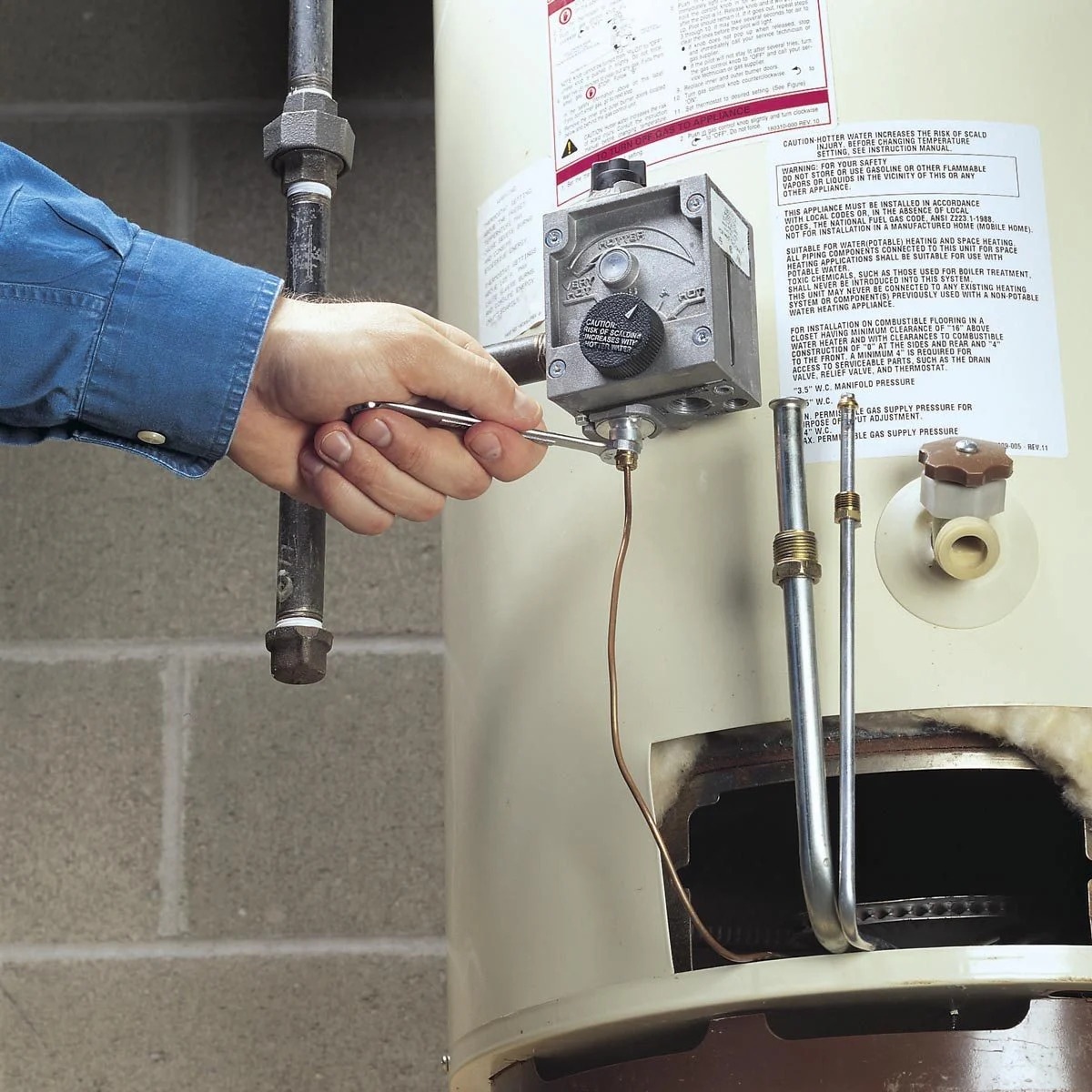
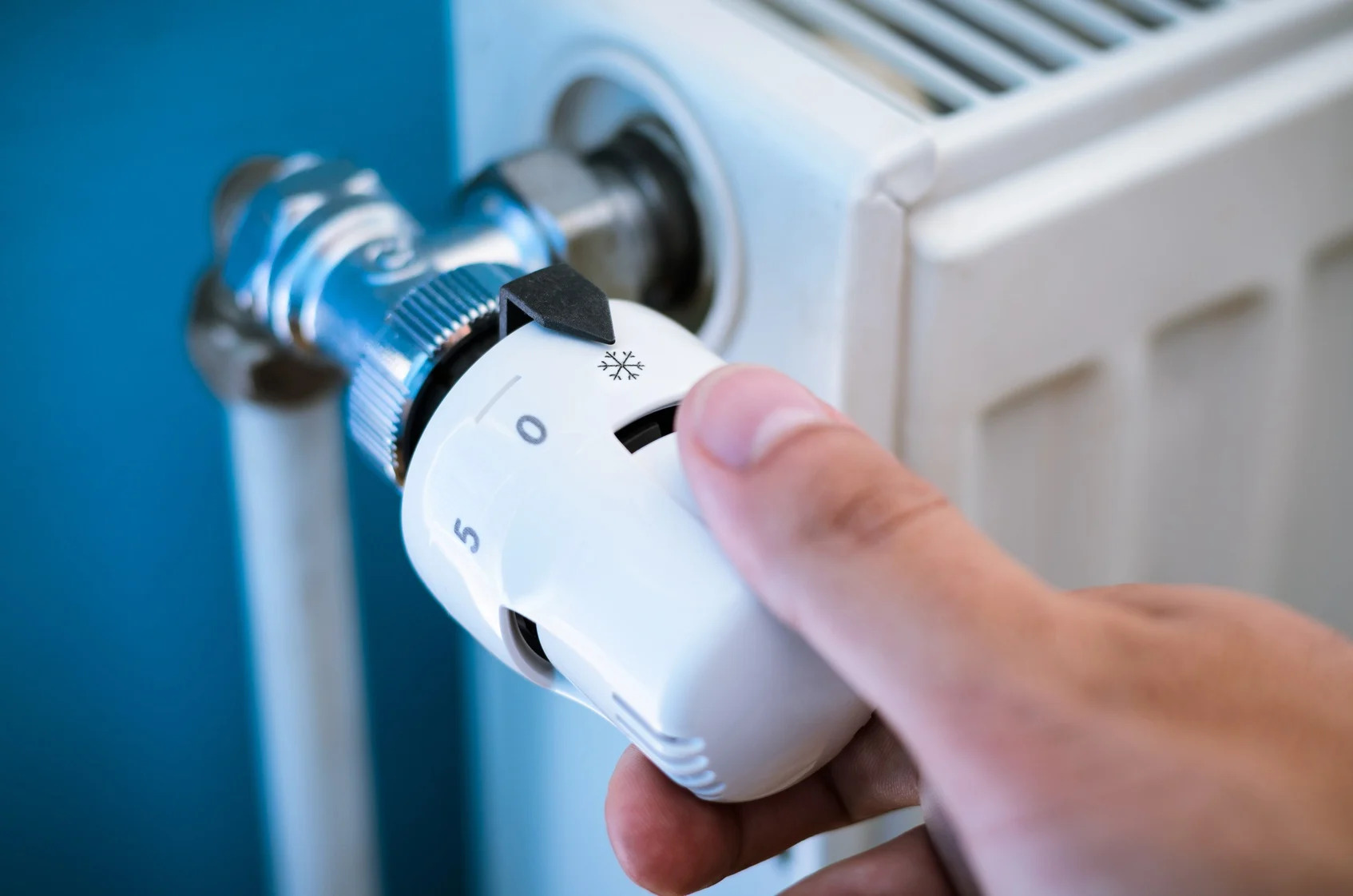
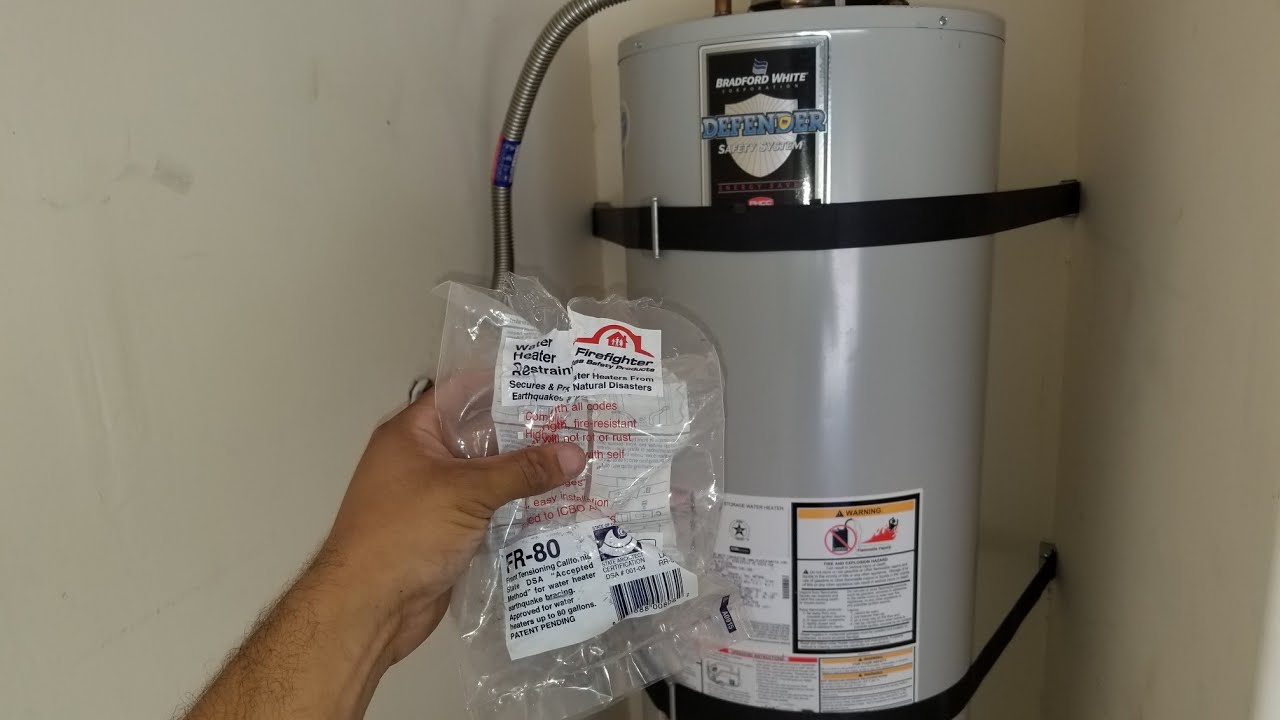
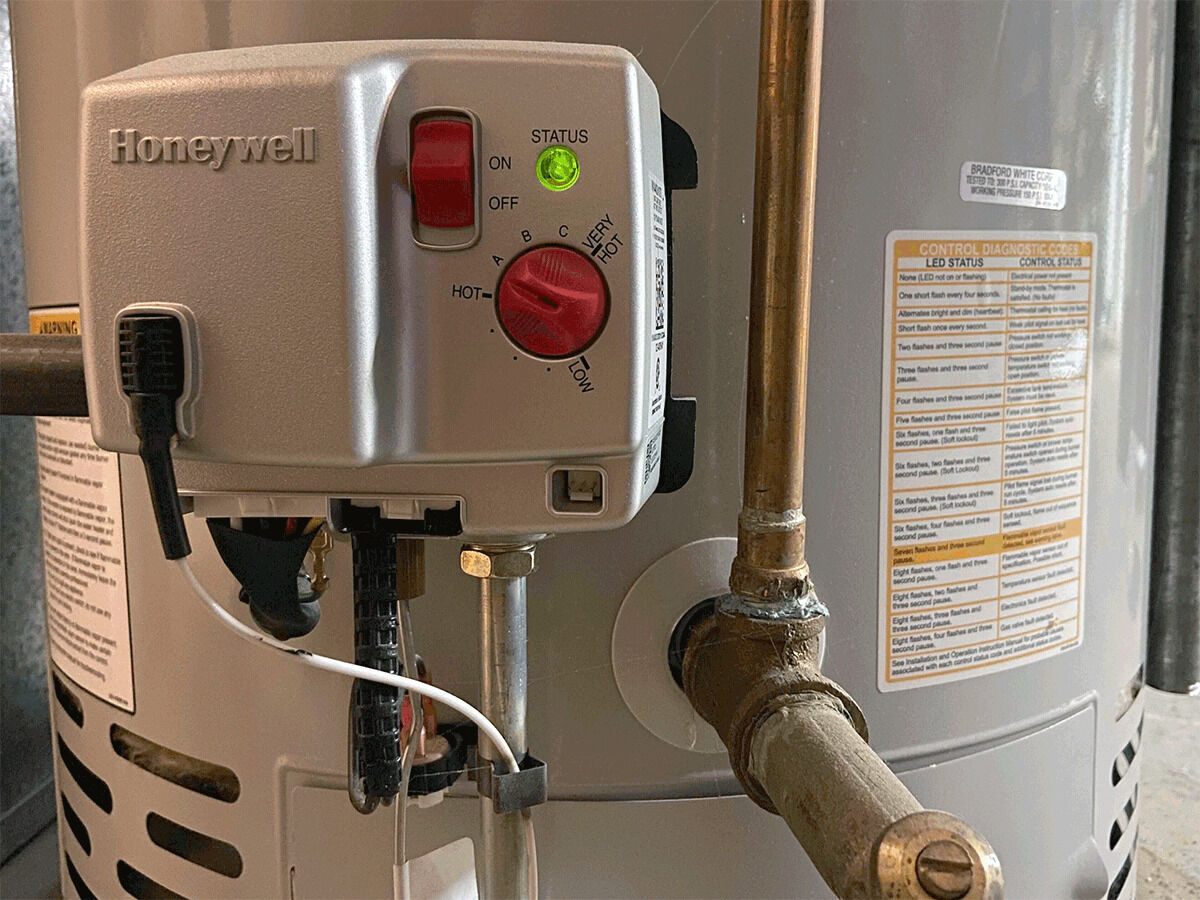
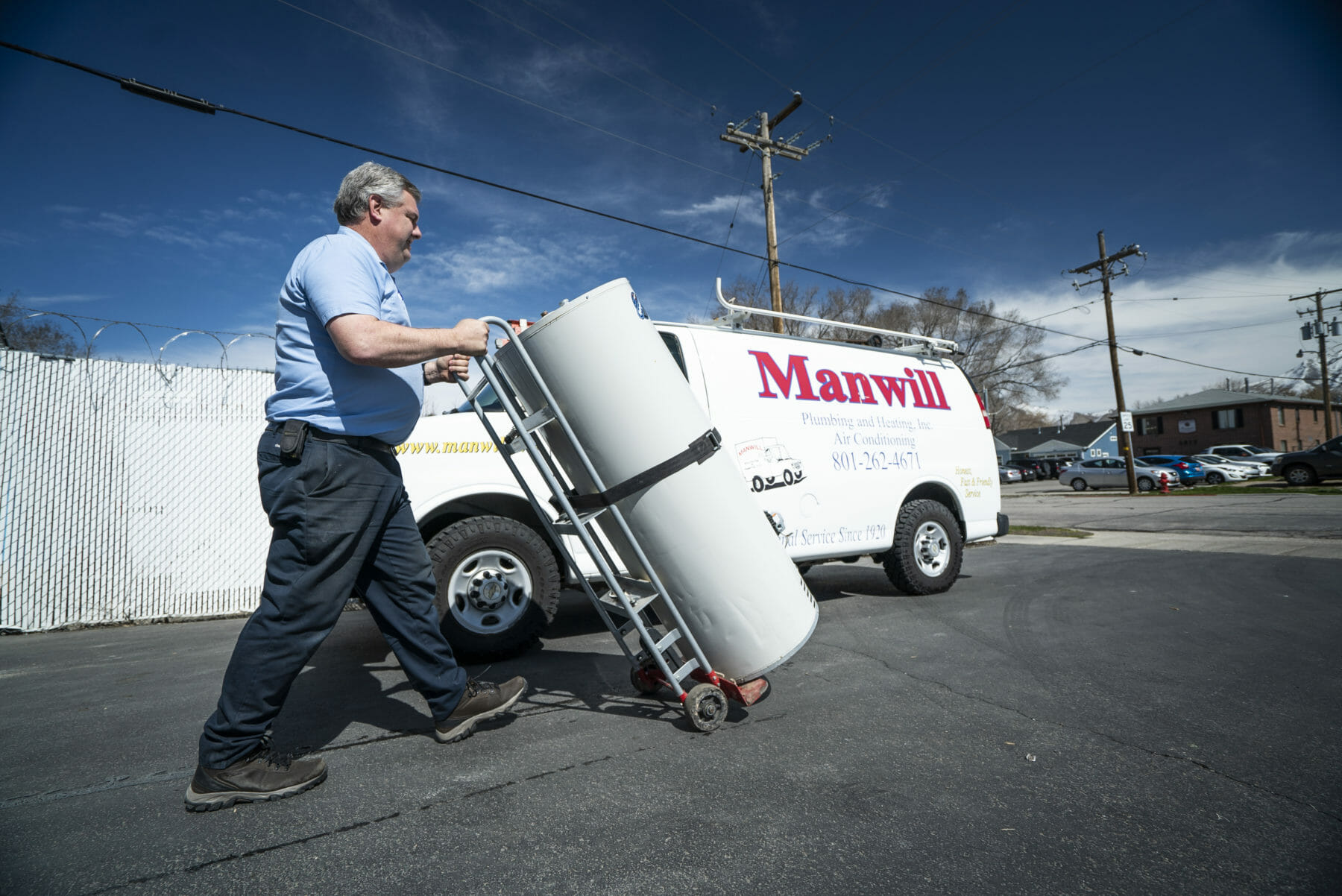
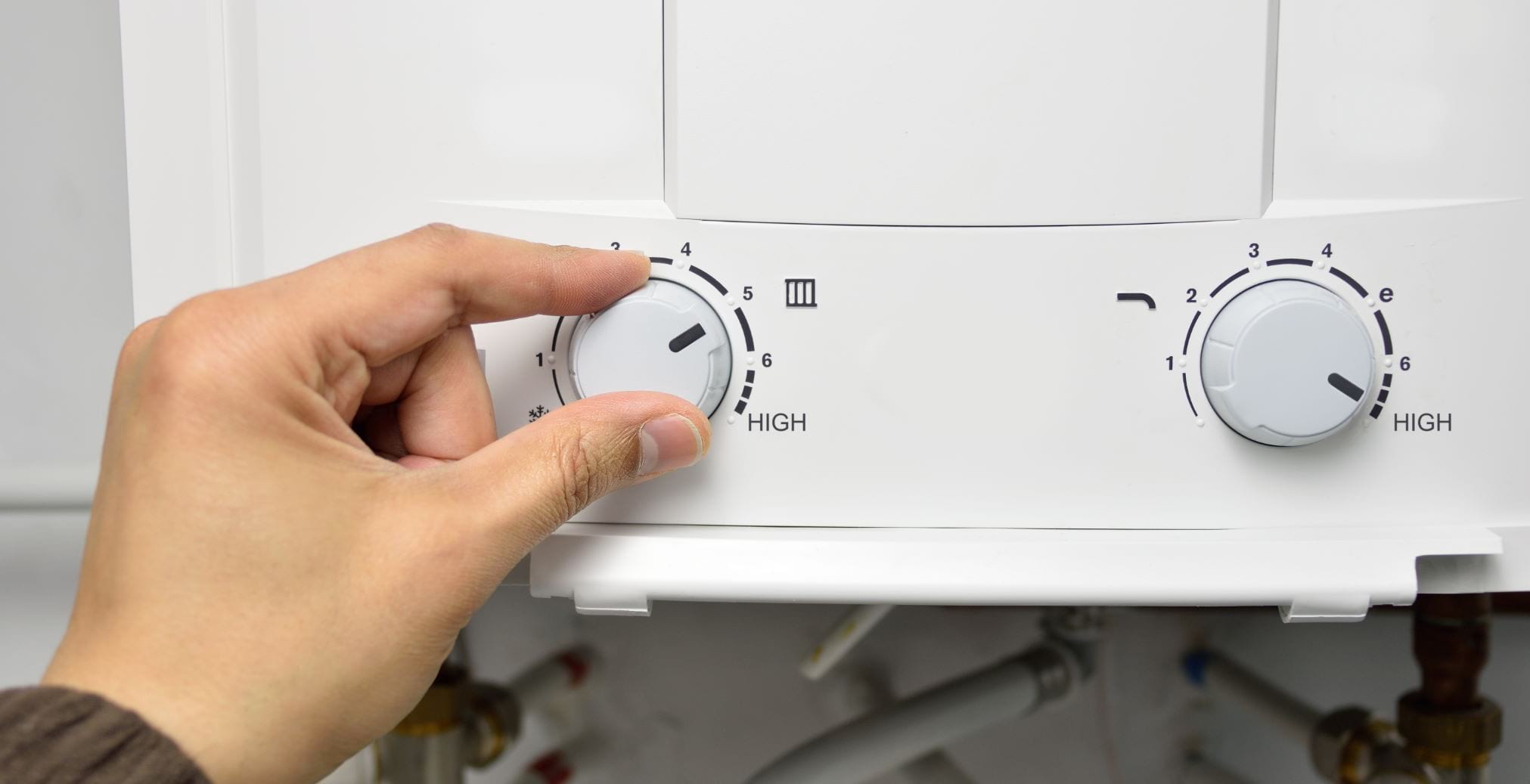
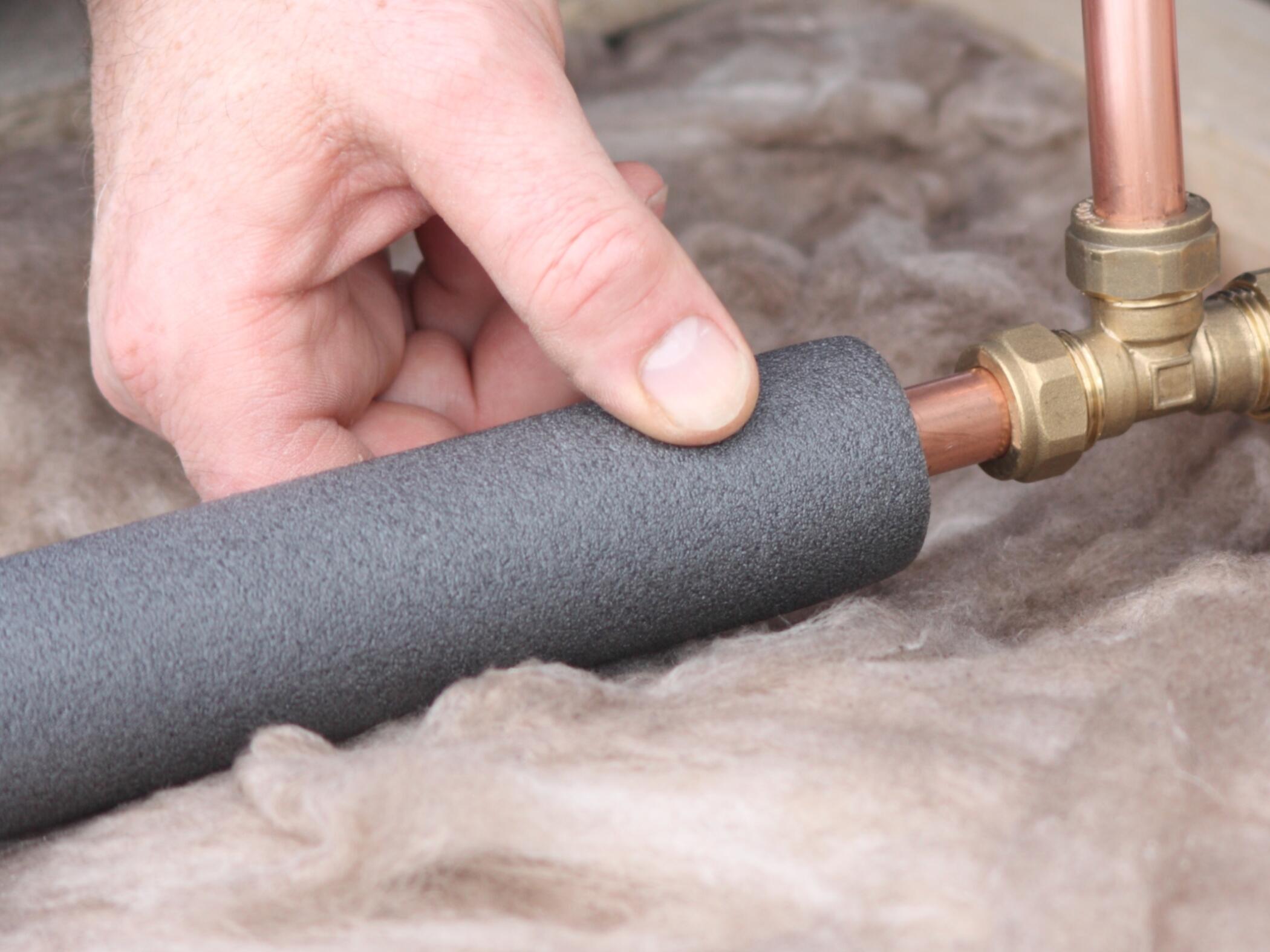
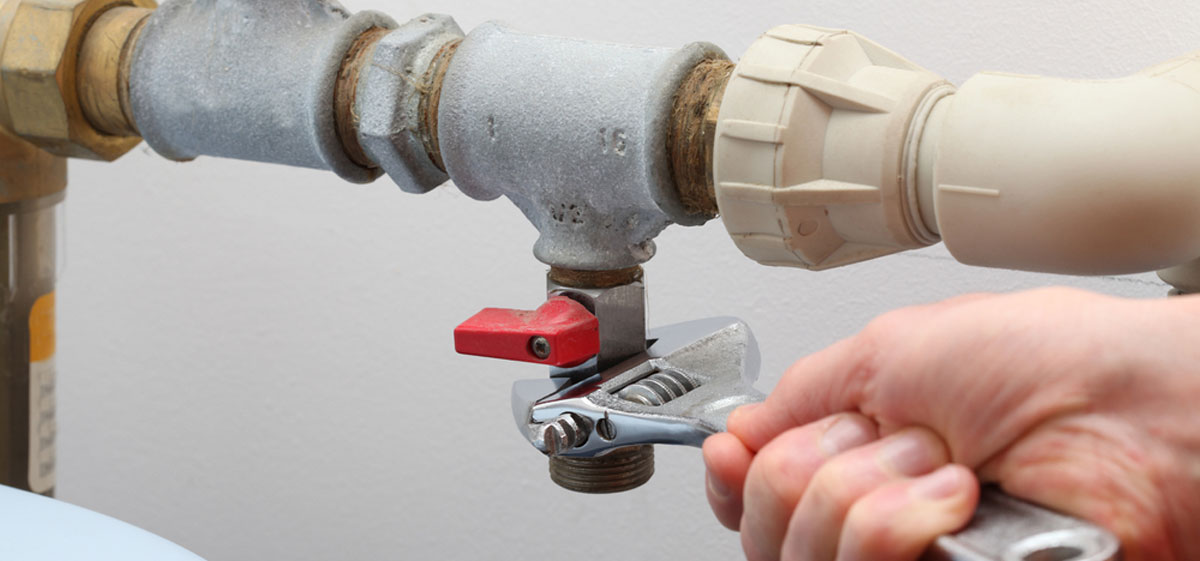
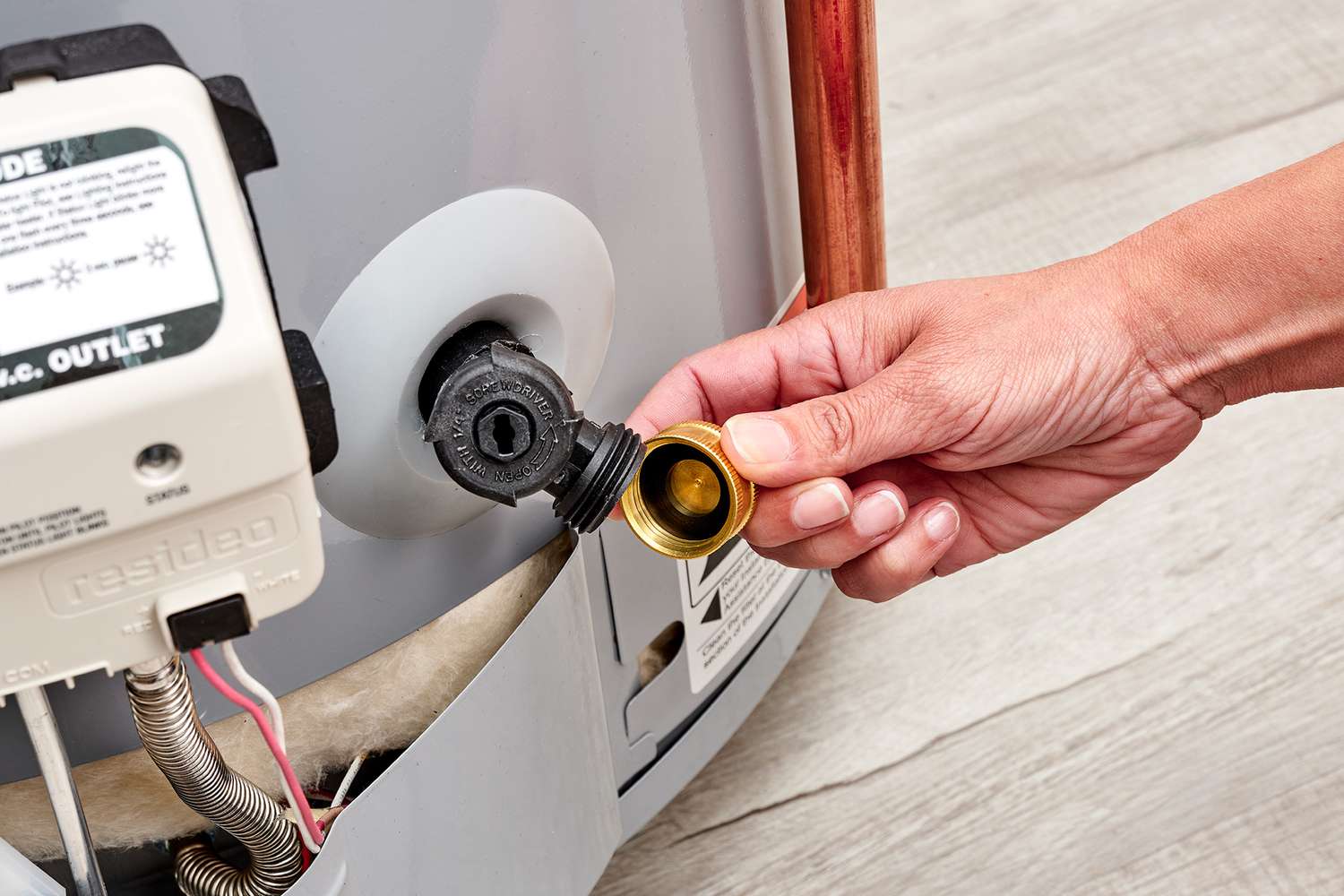
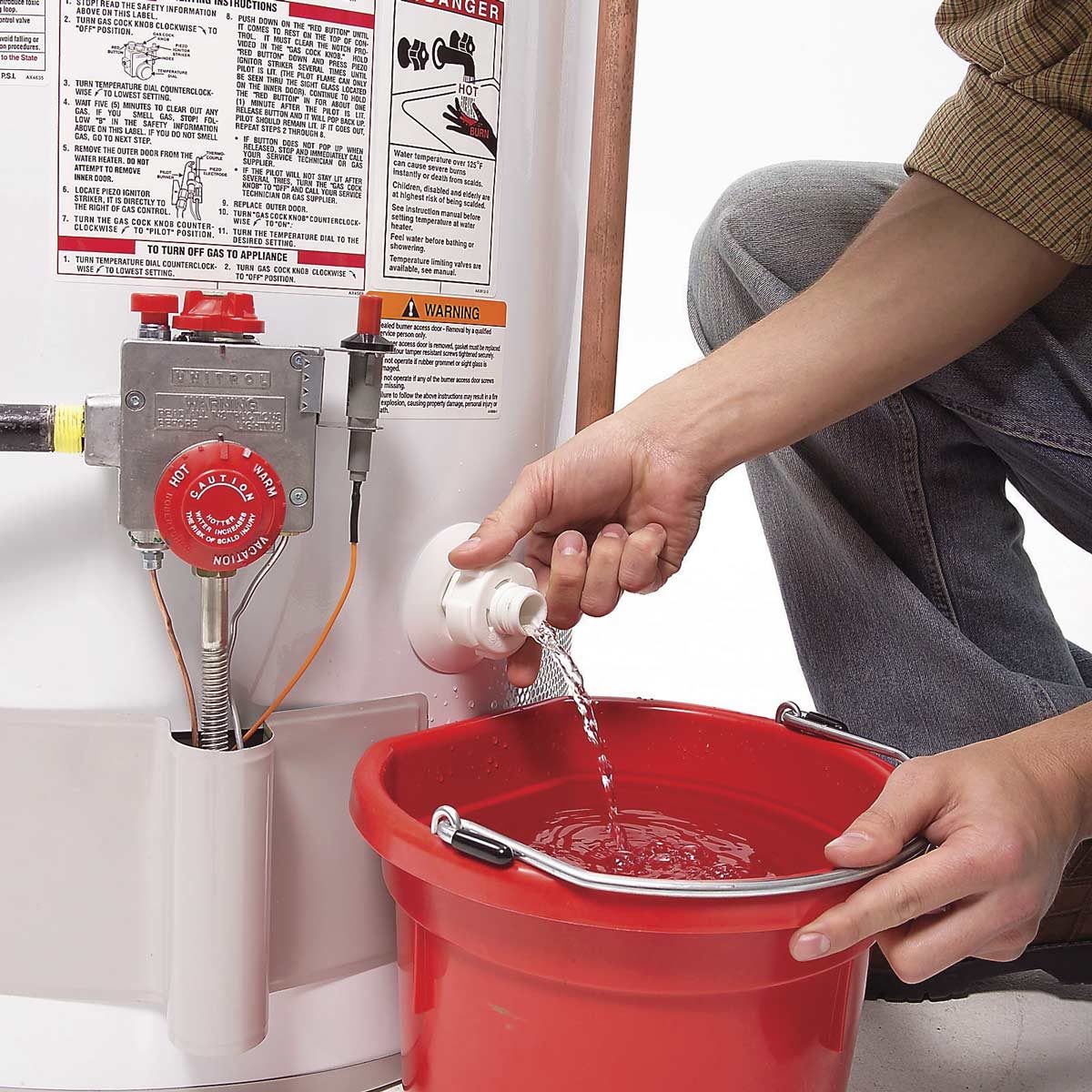
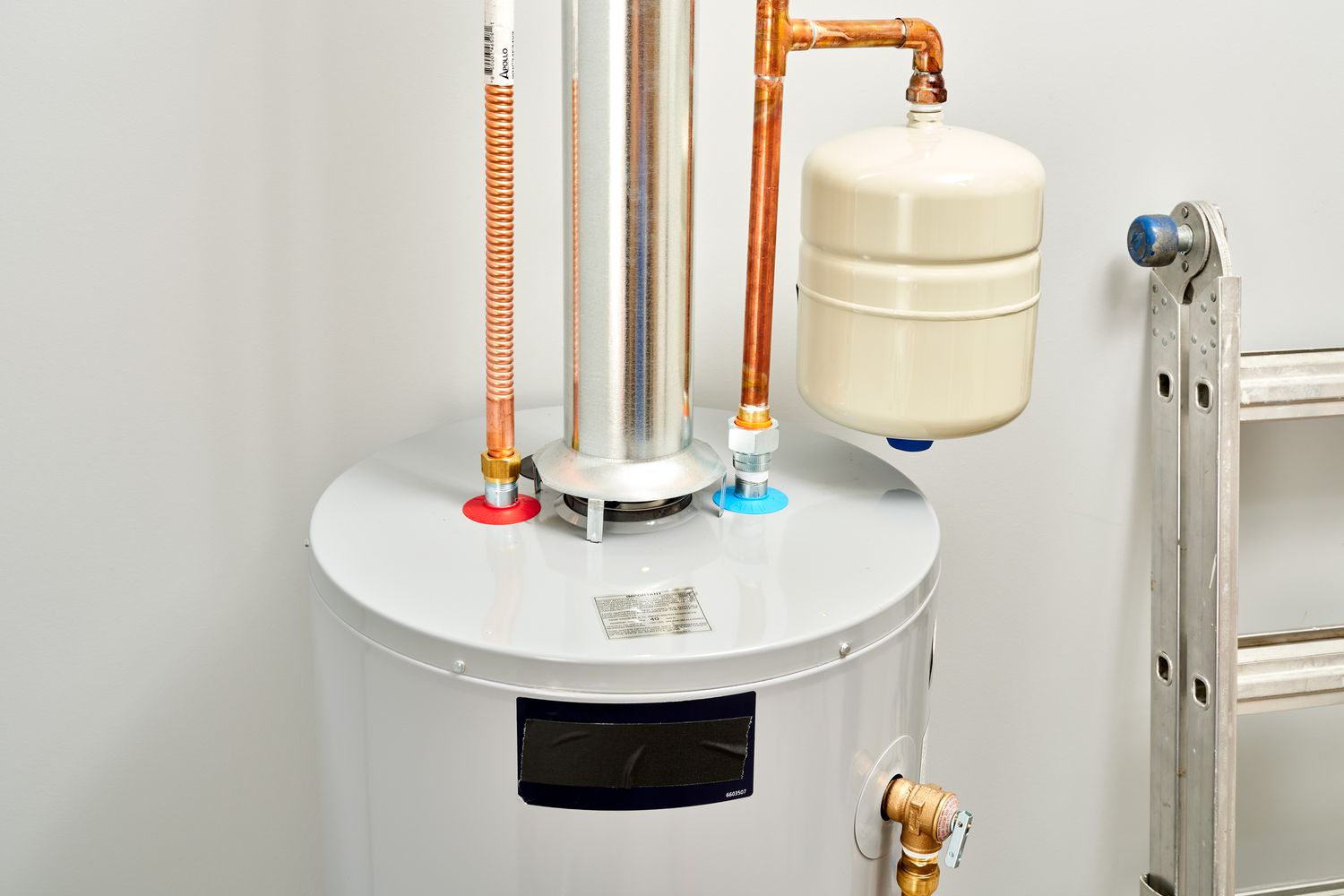

0 thoughts on “How To Choose A Water Heater”